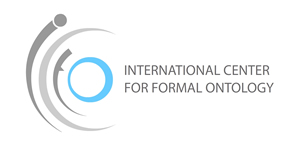Geometry has played an important role in philosophy since the time of Plato. Concepts such as space and its properties, shape, size, geometrical figures, continuity, proximity and transformation are an essential part of philosophical considerations, and in particular, are an important part of ontology. Geometry at the turn of 19th and 20th centuries led to a more general study of these concepts. Since then topology has expanded rapidly, becoming an independent branch of mathematics. Geometrical structures have been used in philosophy since the beginning, in the twentieth century their place was partly replaced by topological structures. Topology as a branch of mathematics can serve philosophy as a method of thinking but also topological spaces may be used as material to create philosophical structures. The workshop concentrates on the use of concepts and techniques of modern topology in philosophy (in particular in formal ontology and metaphysics).
The workshop is specifically focused on reflection on the following issues (but not exclusively), topological aspects of: part-whole relations (mereology, mereotopology), spatial logic, metaphysics of holes, time, events, substance, causality, possibility and necessity (topology in possible worlds ontology), process ontology, mind and matter, cosmology, identity, similarity and change, qualities, forms and universals, problems of determinism/indeterminism.
During the workshop we want to also explore topological topics in the history of philosophy (from Parmenides and Plato to Husserl, Cassirer, Lewin, Carnap, Whitehead and Russell), philosophy of science, epistemology and formal logic.
